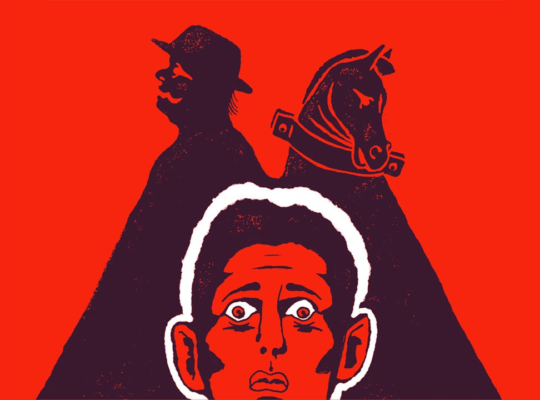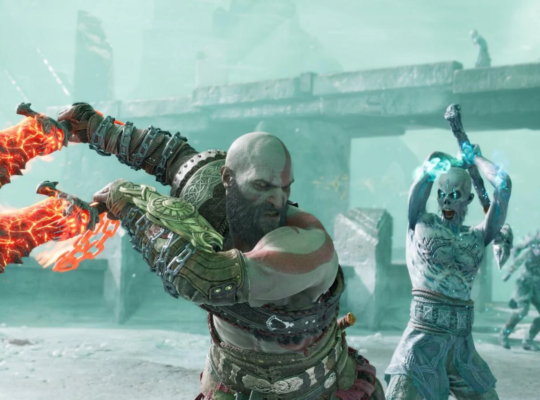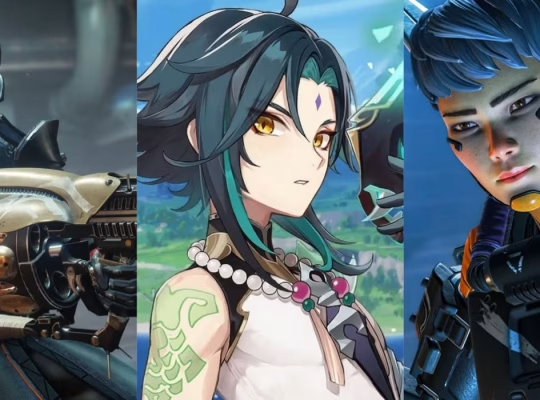The game was just ahead of it’s time.

The seven-year-old multiplayer shooter Evolve has saw a resurgence, but Turtle Rock Studios, the game’s creator, believes that if the Left 4 Dead sequel had been launched today, it could have had a greater chance of surviving.
I remember my time with Evolve when it first came out and this was still a new concept of one person playing the enemy and 4 players teaming up against you. I didn’t like the idea of it then, but that was also because I didn’t play alot of online games at the time.
Only a few years after its release in 2015, the asymmetric competitive shooter, in which four players battle a monster controlled by the player that is mutating, was virtually abandoned. A year after its initial release, Evolve was relaunched with a free-to-play model after getting some initial momentum from critics. However, in 2018, its dedicated multiplayer servers were shut down.
But in recent weeks, it has come back into fashion. Peer-to-peer servers for the game Evolve were revived by publisher 2K, and as a result, the game’s player base exploded.
Now that the landscape for modern gaming includes free-to-play games with heavy microtransactions, I could see market for Evolve if it were to have launched today instead of over half a decade ago.
Director Phil Robb believes that the revival is due to devoted fans, but it has also been affected by the game industry as a whole, as he explained to TechRadar Gaming. He believes Evolve might have survived today’s gaming environment, which has shifted toward team-based shooters like Overwatch 2 and the popularity of free-to-play shooters like Fortnite.
“Evolve might have been a bit ahead of its time and might have a better shot today than it did in 2015 if it properly launched with a different business model,” says Robb.
“Unfortunately, being ahead of one’s time isn’t always a good thing, since that won’t keep the lights on. I think if Evolve was launched today as a free-to-play game, it would have a much better shot.
“Also, given the number of team-based games that have launched since Evolve, I think audiences now probably will have an easier time understanding how it works than they may have back at launch.”

The microtransactions in Evolve, which debuted in 2015, were immediately mocked by players and reviewers. As Polygon observed at the time, the season pass, which already cost players $24.99 – approximately £20 / AU$35 – excluded more than $60 – roughly £50 / AU$85 – worth of DLC. Although not out of place among the monetization strategies used by today’s live-service games, its pricing structure diminished fans’ pleasure of the game despite the accolades it had received for its cooperative gaming.
In Evolve, players must coordinate their class-specific skills in the midst of vertical, intense gun battles while fending off random attacks from the sneaky Monster foe. While this is happening, the beast will gradually become a stronger version of itself, gaining new skills throughout a single game.
“It’s tough to point to any one particular thing that kept Evolve from sustaining an audience long-term,” says Robb. “Certainly, the way Evolve was priced and pre-sold did not help, nor did the DLC fiasco, but there were also design aspects that back in 2015 may have been tough for larger audiences to understand.
“Evolve’s hunters, in particular, really did have to play correctly as a team for a match to be enjoyable. If everyone is not playing their part well, the game just breaks down.”
Even though Evolve’s player base is once again declining, its recent surge in popularity still stands out as unusual. It’s unusual for a stale, seven-year-old product to see a rise in interest in a market dominated by live-service games that consistently reattract players through seasonal upgrades.




